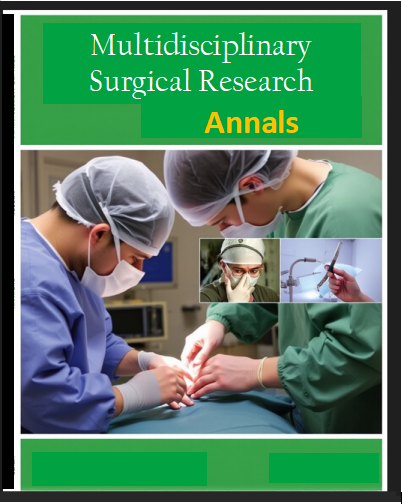Lifestyle Factors and Female Infertility: A Review of the Evidence on Diet, Exercise and Environmental Toxins
Abstract
Female infertility, which affects an estimated 10-15% of women of reproductive age worldwide, is not solely a consequence of immutable biological factors; it is profoundly modulated by lifestyle determinants. Emerging epidemiological and mechanistic research highlights the critical impact of nutrition, physical exercise, and environmental exposures in determining reproductive capacity. This review compiles current research on these changeable domains, including large-scale cohort studies, randomized trials, and experimental studies. Dietary patterns high in unrefined plant-based foods, omega-3 fatty acids, and antioxidant micronutrients, such as the Mediterranean diet, are consistently linked to increased fecundity and assisted reproductive technology outcomes, whereas energy-dense, ultra-processed diets exacerbate metabolic dysregulation, ovulatory dysfunction, and impaired endometrial receptivity. Similarly, moderate-intensity physical activity promotes hormonal homeostasis, insulin sensitivity, and ovulatory regularity, but excessive or energy-deficient exercise can cause hypothalamic amenorrhea and monthly irregularities. Parallel to these behavioural influences, ubiquitous environmental contaminants, particularly endocrine-disrupting chemicals such as bisphenols, phthalates, and persistent organic pollutants, along with ambient air pollution, have been implicated in diminished ovarian reserve, impaired folliculogenesis, altered steroidogenesis, and reduced implantation success, which are mediated through hormonal interference, oxidative injury, and epigenetic perturbations. By integrating insights across nutritional, behavioral, and environmental domains, this review elucidates the multifactorial, interdependent nature of lifestyle–reproduction interactions. We further highlight translational implications for preconception counselling, public health policy, and future research priorities aimed at embedding lifestyle modifications into comprehensive infertility care.
Keywords: Female Infertility, Diet, Exercise, Environmental Toxins, Lifestyle Factors, Reproductive Health, Endocrine Disruptors.




